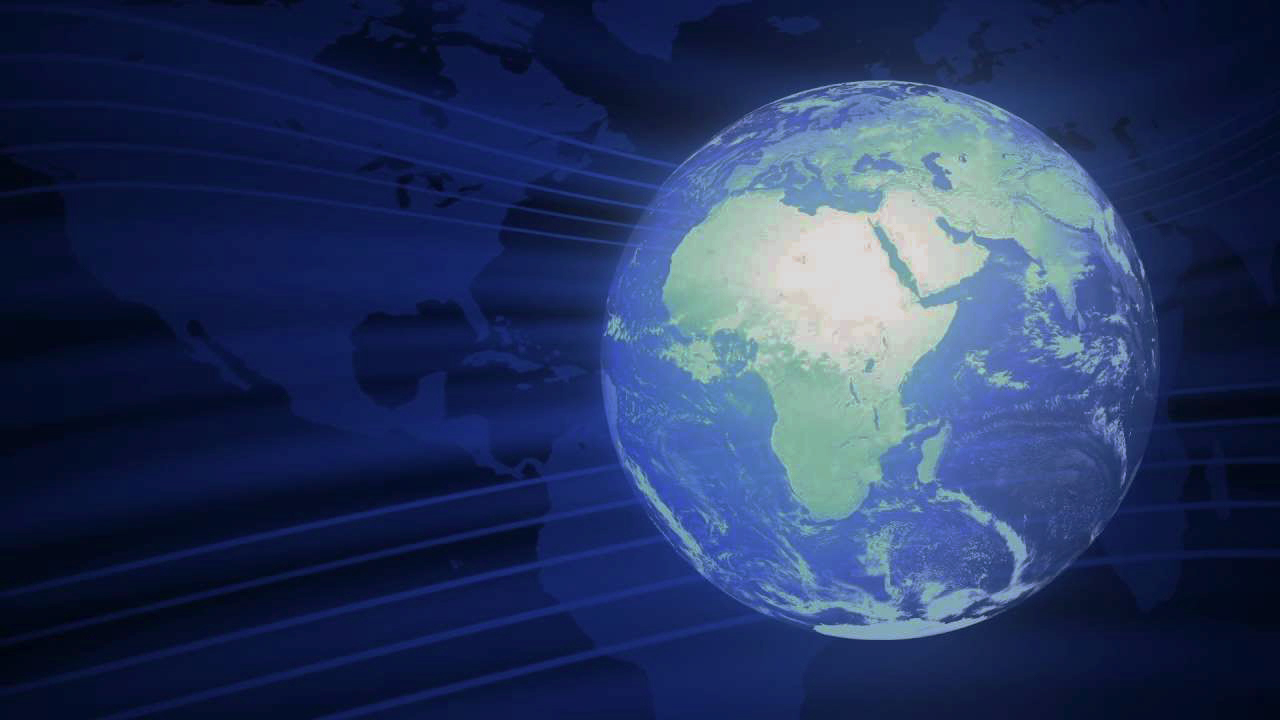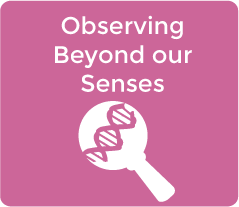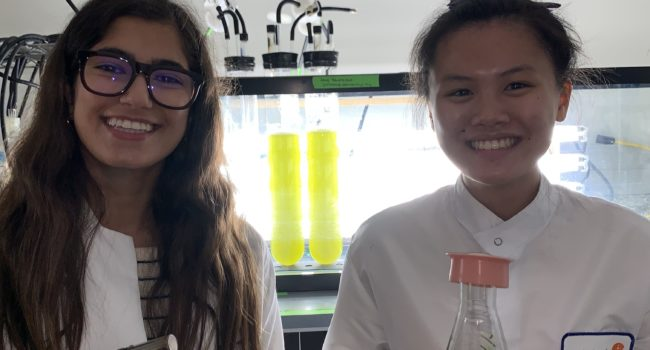Death Valley Community Meeting Role Play
 see.isbscience.org/observing-beyond-our-senses/community-meeting-role-play/
see.isbscience.org/observing-beyond-our-senses/community-meeting-role-play/To conclude the career activities of the Observing Beyond our Senses module, we suggest students role play a “Town Hall” community meeting. Students should have learned enough content and done enough guided interview work to be able to stage a “Town Hall.” A Town Hall is a community meeting attended by a wide variety of constituents who speak about a topic while representing their point of view and specific interests.
There's a vast variety of ways to structure this. We suggest the following, but of course modify and adapt to best suit your students and time.
-
- Reserve an entire class period for the Town Hall itself. At best, that will probably only allow about 2 minutes of speaking time per student. Lay all the ground work ahead of time. Here is a document to help the students prepare.
- Prior to the Town Hall day: Restate the scenario from the DEATH VALLEY MIDDLE BASIN CASE STUDY.
- A. Offer possible scenarios for the future development of this section of the Death Valley National Park. See the student prep document for seven possible scenarios.
- B. Allow students to choose and/or assign roles from possible roles list. It may be interesting to ask students to choose (by recording secretly) among the possible scenarios BEFORE the Town Hall, so that they can evaluate whether their opinion changed as a result of participation.
- For the actual Town Hall day, perhaps appoint one of the politicians to moderate the discussion. You might restrict any comments to a 60 second limit.
- One good way to conclude the Town Hall would be to take a straw vote to get a measure of the room. You may find it interesting to have students vote once as the role they're acting, and once as themselves.
Students can also compare their opinion before the Town Hall with their opinion after.
The Town Hall experience also creates excellent writing prompts:
What did you learn as a result of your participation?
Did your role conflict with your personal opinion? How did you resolve that?
Did you hear any testimony that surprised you?
Did you change your opinion?
Why do people have different opinions about something as simple as pollution?
Why are people so easily convinced to “kick the can down the road'?






